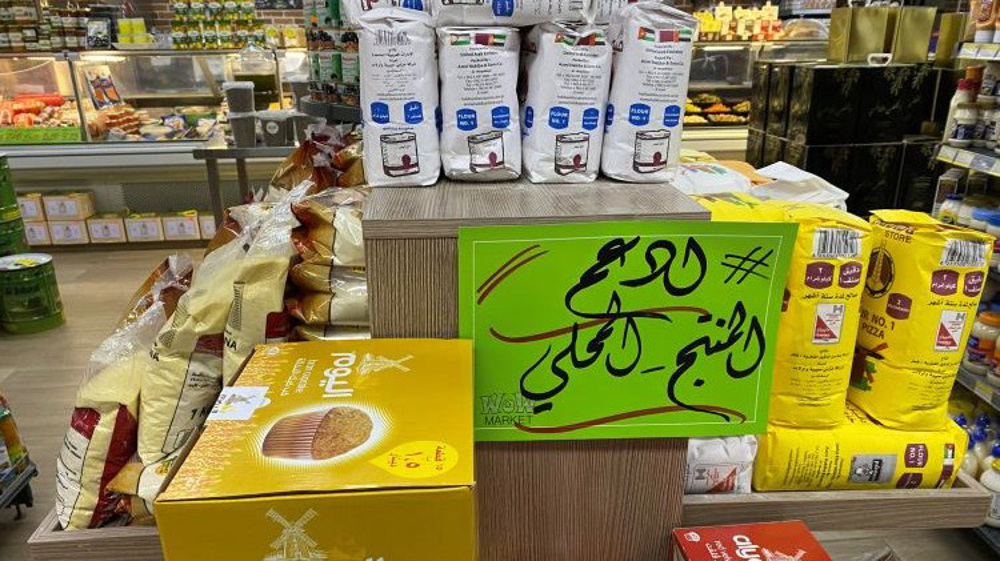Saudis moving away from oil toward Hajj
Saudi Arabia is reportedly planning to move away from oil and use the revenues it obtains from hosting Hajj pilgrimage as its main source of national income.
The Saudi Gazette newspaper has emphasized in a report that annual revenue from the Hajj season stands at $5.3-6.1 billion (20-23 billion Saudi riyals) depending on the number of pilgrims.
It says the high number of pilgrims has already turned the pilgrimage industry into the kingdom’s second most important after oil and gas.
Nearly two million foreign pilgrims visit the holy city of Mecca annually during Hajj. The figure is expected to reach 2.7 million by 2020, added the report.
The newspaper has further quoted economists as saying that the religious pilgrimages such as Hajj and Umrah have significant growth potential and the ability to create more job opportunities for young Saudis.
It has further highlighted warnings by experts that Saudi Arabia will soon run out of money.
Last month, the International Monetary Fund (IMF) predicted years of higher taxes and low fuel subsidies for the oil-rich country. Saudi Arabia will need to stop relying so heavily on oil revenues, said the IMF.
Saudi Arabia is facing a budget deficit which is expected to reach $87 billion this year. The crude price crisis has had an impact on the economy as oil sales account for almost 80 percent of the country’s revenue. Saudi Arabia’s foreign reserves fell to $640 billion last year from $737 billion in 2014, the Saudi Gazette added.
The country’s construction sector has been hit hard by spending cuts as the government wants to preserve cash.
In an effort to balance the budget Saudi Arabia’s government had already cut spending, sold bonds and tapped foreign reserves to compensate for the negative effect on the economy of the oil price plunge. It is also planning its first sale of international bonds.
VIDEO | 85% of Yemeni displaced people face daily hunger crisis
US House passes bill targeting charities and pro-Palestine groups
VIDEO | Supporting Gaza genocide
Hezbollah attacks Israeli forces after Lebanese homes blown up
World leaders, states hail ICC arrest warrants for Netanyahu, Gallant
MP: US accountable for possible Israeli 'foolishness' to attack Iraq
VIDEO | Israeli policies strangle Palestinian agriculture, economy
Iran's president offers condolences to Pakistan over terrorist attack










 This makes it easy to access the Press TV website
This makes it easy to access the Press TV website